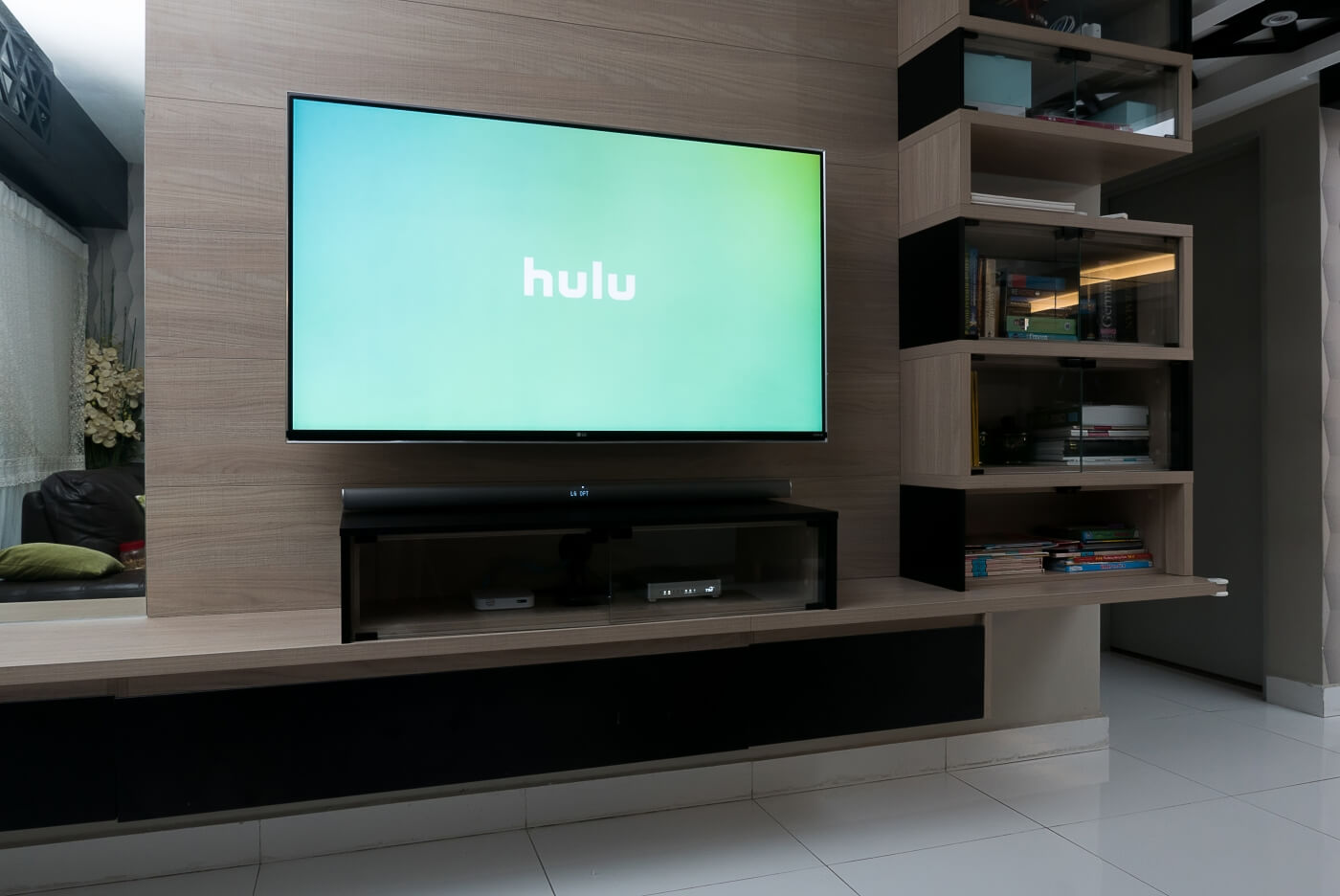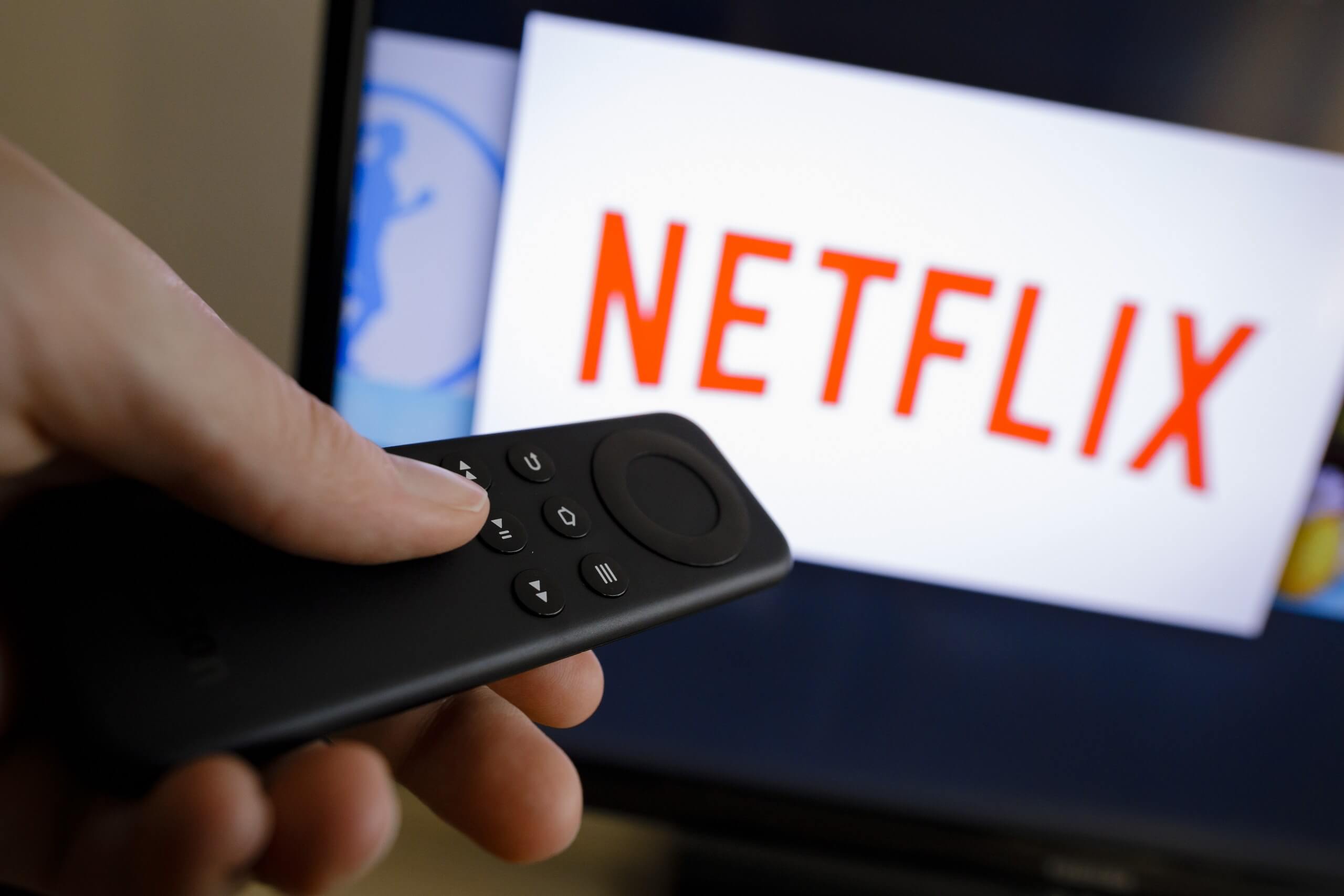
Why it matters: Cities across the US have waged a legal battle for years to get streaming services like Netflix and Hulu to pay local governments the same fees cable companies do. The latest case in that fight has reached the Ohio Supreme Court and could cost the streaming companies millions.
Over 2,000 US cities have brought a federal class-action lawsuit against Netflix and Hulu, arguing they should pay franchise fees to city governments. As part of the suit, the Ohio Supreme Court is currently deciding whether to define the two companies as “video service providers” at the request of the city of Maple Heights.
Under a 2007 law, cable companies defined as “video service providers” must pay five percent of their gross revenue to each Ohio city in which they operate. Similar laws exist across the US. One case in Georgia last year threatened to cost Netflix $5 million.

Netflix and Hulu argue those fees should only apply to entities that lay down cables for services like cable and Internet. Neither company runs or controls any cables.
“The statute is very clear. This is about those who dig. They must pay,” said Ohio Deputy Solicitor General Mathura Sridharan. “If they don’t dig, they don’t pay. And I think that is the core principle that animates this entire case.”
However, Maple Heights attorney Justin Hawal argues that Netflix and Hulu should pay because cord cutting is taking business away from the cable companies that do pay, effectively decreasing city revenues. Despite not laying their own cables, Netflix and Hulu compete with cable companies by offering much of the same content and producing their own.

Ohio Supreme Court Justice Jennifer Brunner pointed out that the case singles out Netflix and Hulu without mentioning similar companies like Roku, Apple, and YouTube. All three produce content for their streaming services.
Netflix attorney Gregory Garre argued that applying the franchise fee law to streaming services could potentially include anyone who streams their own content online. He said that could mean schools, churches, or courts.

A Lost Angeles judge granted Netflix and Hulu a victory against a California city this week over the same issue. A main point in the streaming services’ winning argument is that franchise fees applied to them should also apply to HBO, Disney, and Amazon, which the case didn’t include.
Similar cases have occurred in Texas, Nevada, Arkansas, Tennessee, Indiana, and elsewhere. The first court to rule against Netflix and Hulu was in Missouri. Big streaming companies seem like an obvious source of additional revenue for municipalities, but if forced to pay, they could pass those costs to subscribers.